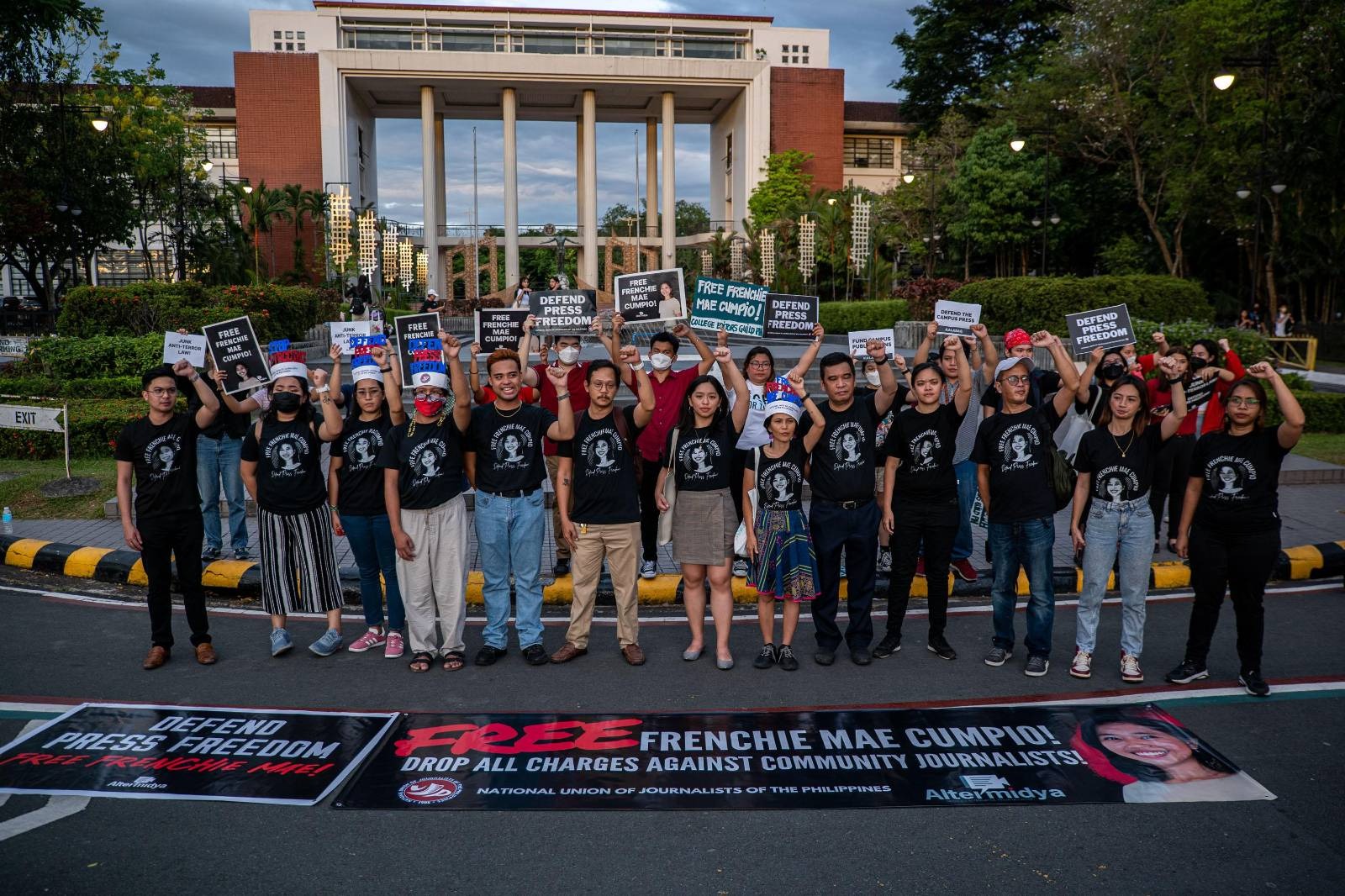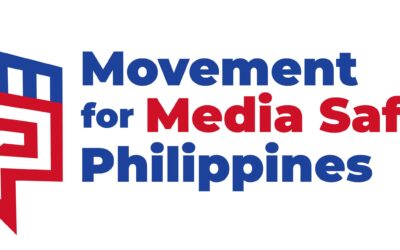Once described as having the freest press in Asia, the Philippines has been overtaken on the annual World Press Freedom Index by Malaysia, Thailand, Indonesia and Timor-Leste.
Despite slight improvement since the end of the presidency of Rodrigo Duterte, there have been few policy changes to ensure that media workers in the Philippines are able to report safely and with no fear of retribution for simply doing their jobs.
The National Union of Journalists has documented 109 incidents of attacks and threats against journalists during the presidency of Ferdinand Marcos Jr., indicating that press freedom and the exercise of that right remains challenged in the Philippines. This is 47% higher compared to the same period during the previous Duterte administration.
There have been four journalists killed under this administration, with the highest-profile of those — the killing of Percy Lapid in October 2022 — still far from truly resolved.
According to the Department of Justice in December 2023, four Persons Deprived of Liberty have been convicted as accessories to the murder. The alleged masterminds, however, remain at large.
There have also been 36 incidents of harassment, which includes incidents of surveillance and of journalists being tailed by suspicious individuals as well as being accosted while on coverage.
Part of the harassment, although counted separately, is red-tagging, of which there have been 20 incidents.
This has included red-tagging on national TV and on social media as well as in person, with media workers being summoned to meetings with the military in the Bicol region for being a member of a so-called “sectoral front organization.”
Even as the government says there is no policy to label activists, rights defenders and journalists as “rebels” and “terrorists”, the practice has continued. It has also continued to put colleagues at risk of further harassment and, in some cases, of physical harm, surveillance, or arrest.
Libel remains a crime in the Philippines despite decades of campaigning for its decriminalization.
Made even more punitive by the Cybercrime Prevention Act of 2012, which imposes a higher penalty when the supposed libel is done online — in the 2020s, virtually all news is, by default online — criminal libel remains among the most common and most urgent threats that journalists in the Philippines face.
There have been eight cases of libel and cyberlibel documented so far, which is not a high number. But, considering how libel cases can drag on for years, this still means that journalists’ resources will have to be devoted to mounting their legal defense and of worrying about whether they will eventually be sent to prison.
As the community works to improve its craft and reiterate the ethical standards of journalism, we also call for the decriminalization of libel, a call made for decades and by the UN Human Rights Council, a UN special rapporteur, and a Supreme Court associate justice.
We welcome the coming visit of UN Special Rapporteur Irene Khan, look forward to discussing the Philippine press situation with her, and hope that she will heed our recommendations for a freer press and an environment more conducive to the exercise of freedom of expression in the Philippines.
Reference:
National Directorate | +639602784263




